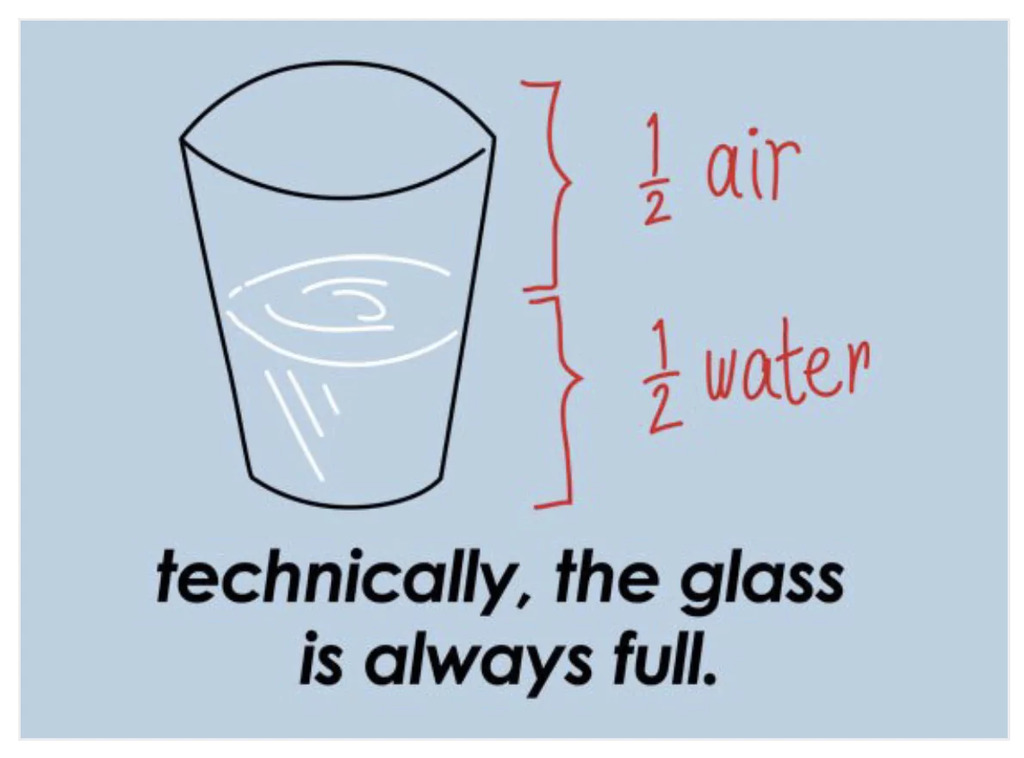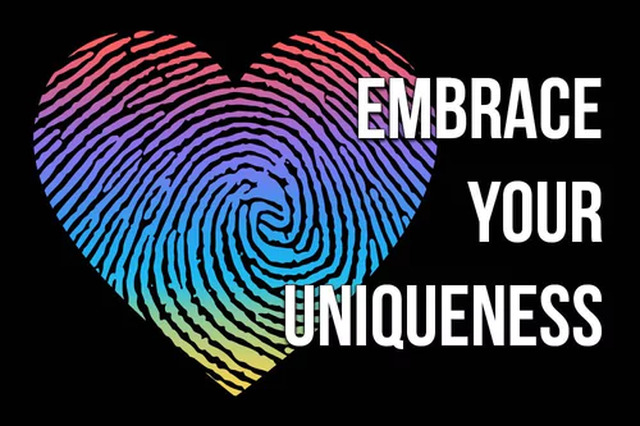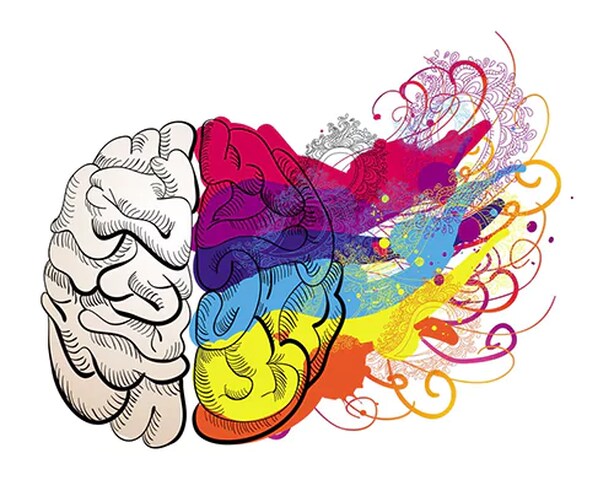By using our website, you agree to the use of cookies as described in our Cookie Policy

5 WAYS TO ALLEVIATE ANXIETY AND STRESS
Denise Fournier, PhD., LMHC
Isaac Farin, PhD., LMFT
In our work in private practice we often find that our clients face similar challenges. Although the content of their difficulties vary, there are some common threads among them. In particular, many of our clients tell us they have difficulty managing their stress or anxiety. They share with us that despite their best efforts, they keep getting stuck in the same patterns—and they want us to help them find a way out. Based on the solution-informed, mindful approach to therapy we practice, we work with our clients to explore new ways of understanding and addressing their challenges. We work with them on being present, moment-to-moment. We invite our clients to notice even the most seemingly insignificant aspects of their experience, and we help them create opportunities to do things differently.
We believe in the transformative power of mindful awareness, and we have some ideas about how to attain it. Here are some simple—but impactful—ways to introduce new forms of mindfulness into your life.
1. Visualize your goals
Research indicates that people who visualize their goals are more likely to achieve them (http://psychcentral.com/news/2011/08/16/visualize-your-goal-in-order-to-attain-it/28624.html). The process of visualization is so powerful, in fact, that athletes who incorporate visualization into their training have been shown to significantly improve their performance. When they visualize themselves attaining their athletics goals, they train their brains to perform the way they want to (http://www.sportsnetworker.com/2010/07/28/how-mental-imagery-helps-athletes-succeed/). And if they can do it, so can you. Try out this exercise for visualizing your own goals:
Close your eyes . . . Tune into the rhythm of your breathing . . . Think of a goal that you would like to accomplish . . . Now imagine that you are at some point in the future, when you have already accomplished the goal you've set for yourself . . . Notice what you’re doing . . . what you’re saying . . . What are other people saying to you? . . . How are they reacting to this accomplished new you? . . . What lets you know that you’ve achieved your goals? . . . How does it feel, both mentally and physically? . . . What’s different about you now that these goals have been achieved? Allow this experience to be stored within you.
2. Slow down
In our fast-paced, technology driven society, it’s not always easy to stay connected with ourselves. Most of us are moving so quickly and taking on so much that we risk losing ourselves in the process, leading us to face challenges like loneliness, anxiety, and depression. But the truth is, we all possess the tools and resources we need to slow down our pace and live more fully within each moment. And when we are living in the moment, we are better able to recognize the relativity of time and make the most of every minute. Haven’t you ever noticed that sometimes it seems like time is flying by—when you’re enjoying time with friends, for example, or you’re wrapped up in a great conversation—and other times, even seconds seem to drag on painfully? That’s the relativity we’re referring to. We have the capacity to experience time in many different ways, which means we have the power to slow down, even when the world seems to be pushing us to move rapidly.
Here’s a quick and easy exercise for slowing down:
Close your eyes and tune into the rhythm of your breathing . . . For a moment, just be there with your breath . . . With your mind's eye, look for your center . . . Breathe into your center . . . breathe out through your center . . . Notice the smallest change beginning to happen in your experience, and be curious about how your breathing affects this change . . . Return to the rhythm of your breathing while beginning the process over again.
3. Pay Attention
Take a moment and pay attention to everything about your present experience. Notice the sounds you’re hearing. Pay attention to every detail of what you can see around you. Look closer. Take a deep breath. What do you smell? How does your body move with the rhythm of your breath? What is your body sensing at this very moment? Pay attention to the sensation in your feet . . . in your hands . . . in every part of your body.
If you took the time to really notice everything we mentioned and more, we bet you took in a lot more of your sensory experience than you would have if we hadn’t encouraged you to pay attention. When we pay attention, we increase our awareness, thus expanding our potential to see, experience, and do things differently. The simple act of noticing—whether it’s noticing the sensations in your body or noticing the patterns of your thoughts and behaviors—can open up a vast realm of possibility. When you invite yourself to be aware, you’re inviting yourself to encounter yourself differently—to encounter your world differently.
4. Get to Know Yourself, and Play to Your Strengths
Nobody knows you better than you do. That statement might sound obvious and simple, but there’s a great deal of power in recognizing that it’s true. You possess all the skills and capabilities you need to achieve whatever you set your mind to; the key is knowing what those skills and capabilities are, learning how to access them, and finding ways to make them work for you. When you know what your strengths are, you can play to those strengths (http://www.success.com/articles/339-play-to-your-strengths) and create limitless possibilities for personal growth and achievement.
(“To be conscious is to think; to be self-aware is to realize that you are a thinking being and to think about your thoughts.” – Ferris Jabr, Scientific American: http://blogs.scientificamerican.com/brainwaves/2012/08/22/does-self-awareness-require-a-complex-brain/)
5. Experiment with New Ways of Thinking and Behaving
Experimenting allows us to try out new thought patterns and behaviors and learn more about ourselves, our preferences, and the things that tend to keep us stuck. When we experiment, we have the opportunity to practice without committing to change. We can learn about what works and develop ways to expand on the solutions we discover.
Not only does experimentation offer us novel ideas about how to think and behave in different ways, it also creates the potential for us to significantly change our mental states—even to change our brains! Neuroscientists have discovered that our brains have the capacity to rewire themselves
(http://www.time.com/time/magazine/article/0,9171,1580438-1,00.html). With skillful, deliberate training, we can make astonishing alterations to our brains, our minds, our moods, our lives. And it all starts with trying something new. What might become possible if you adopt a spirit of exploration and begin to experiment today?
‹ Back














